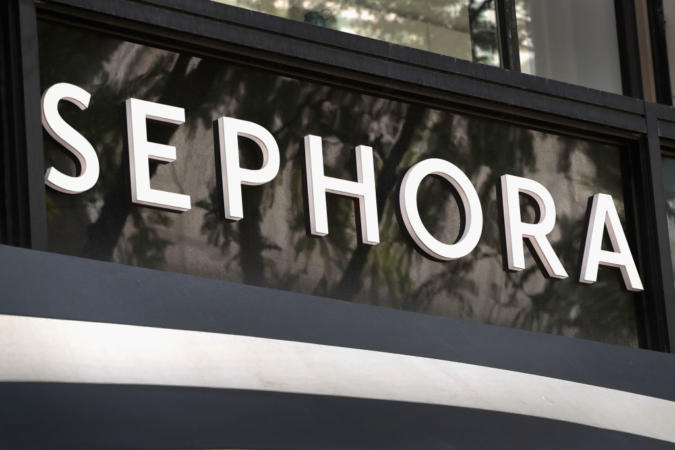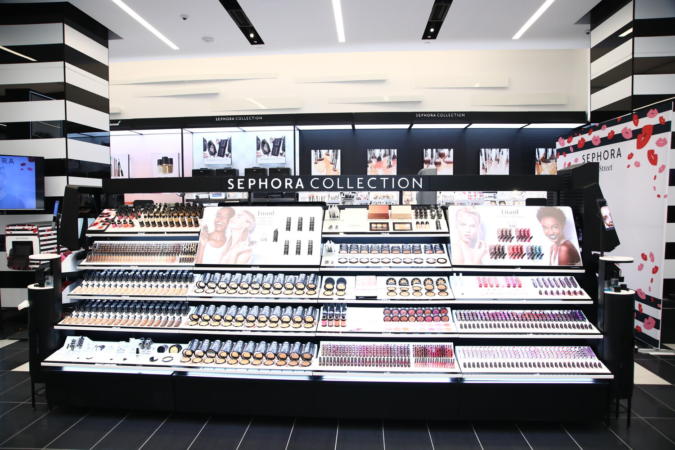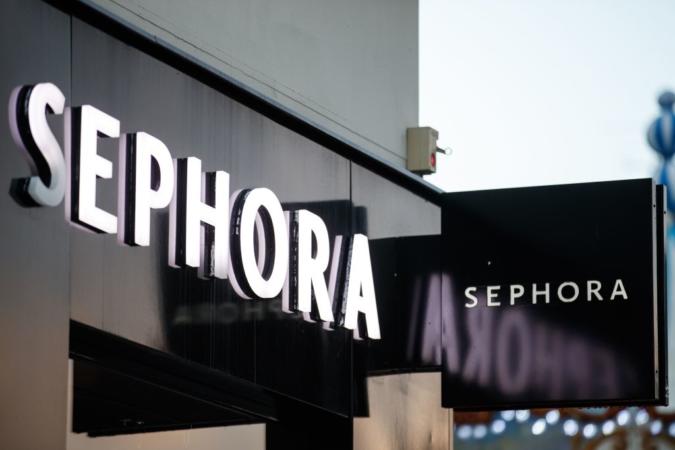All results


To foster inviting settings and decrease racially-biased experiences for shoppers, U.S. retailers have linked up. According to a press release sent to AfroTech, the nonprofit Open to All has announced that 28 major retail brands have signed the Mitigate Racial Bias in Retail Charter. What this means is that signees have committed to integrating actions that work to dismantle racially biased interactions while creating a friendly atmosphere for shoppers.

Last year, Sephora committed a 15 percent pledge alongside founder Aurora James in an effort to show their support for Black-owned beauty brands on the market. Now the beauty retailer is recommitting its vow to honor these brands be reintroducing its 2021 Accelerate incubator program with a renewed focus, which for the first time ever features a cohort comprised exclusively of founders of color, a press release shares. Now in the program’s sixth year, Sephora is dedicated to evolving its business incubator — which previously focused on cultivating an international community of female beauty founders while supporting the launch of more than 50 women-owned brands — to reflect its recent commitment of increasing Black and people of color representation on Sephora store shelves. “Last year, we made a commitment to dedicate fifteen percent of Sephora’s assortment to Black-owned brands, and we quickly realized the role that our Accelerate program could play in not only helping us to...

It’s no secret that retailers could do better when it comes to building an inclusive environment for those who keep them in business — consumers. In a National Racial Bias in Retail Study commissioned by Sephora, the brand finds five truths when it comes to racial inequality during retail experiences with the first being a lack of racial diversity within companies. Here are those truths, as listed in a press release: 1. Limited diversity across marketing, merchandise and retail employees results in exclusionary treatment before shoppers even enter a store, and across their in-store journey. 2. U.S. BIPOC shoppers feel in-store interactions are driven by their skin color, appearance and ethnicity, yet retail employees cite behavioral attributes, rather than appearance, as the basis for their interactions. 3. U.S. BIPOC retail shoppers use coping mechanisms, such as shopping online, to minimize, or avoid an anticipated biased experience when in-store. While many customer experience...

Several corporations are standing in solidarity in the fight for racial justice with an outpouring of copy-and-paste #BlackLivesMatter statements and million-dollar donations. Other major retailers are committing to yielding long-lasting, impactful change in Black youth communities . On May 29, Brother Vellies founder Aurora James called for major retailers to sell a greater percentage of Black-owned products as a step in the fight toward economic equality. “So many of your businesses are built on Black spending power. So many of your stores are set up in Black communities,” James’s Instagram proposal reads. “This is the least you can do for us. We represent 15% of the population and we need to represent 15% of your shelf space.” A week later, at the urging of James, Sephora pledged to devote 15 percent of its shelf space to Black-owned products, The New York Times reports . View this post on Instagram A post shared by Aurora James 🦢 (@aurorajames) In addition, Sephora will create...

Sephora is not just the beauty mecca where women go to spend their money shamelessly on Fenty Beauty and Pat McGrath. The personal care retailer is also responsible for helping to accelerate Black beauty founders’ innovative ideas through Sephora Accelerate. Sephora Accelerate is a six-month program designed to build a community of forward-thinking businesswomen. The commitment begins with a one-week boot camp, then the founders experience a series of mentoring sessions and business challenges. The entire initiative culminates into Demo Day, where participants present their company to gain investments. This year, Sephora Accelerate has selected 13 founders for the 2020 cohort , including women from Australia, Brazil, Canada, China, Mexico, Singapore, Germany, the U.S., and the U.K. Among those selected to participate in the accelerator are Kymberlee Hill, a co-founder of Curl IQ; Helena Mendes, founder of Mawena; and Dawn Myers, founder of THE MOST. To date, the accelerator has...